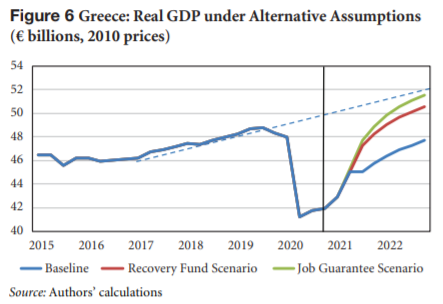Otmar Issing Is Still Living in His Monetary Fantasy World
Otmar Issing can look back on a long and consequential central banking career. Even in his retirement he is still living the part, evaluating whether his successors at the European Central Bank are pursuing stability-oriented monetary policies to his liking. His most recent critique (“‘Living in a fantasy’: euro’s founding father rebukes ECB over inflation response” https://www.ft.com/content/145b6795-2d21-48c6-984b-4b05d121ba16) shows him on the wrong side of events and debates about sound monetary policy, again.
Mr. Issing spent an eight-year stint at the Bundesbank as chief economist of Germany’s legendary central bank and retired guardian of European monetary affairs. Misled by M3 overshots that were the result of the Buba’s own rate hikes inverting the yield curve, Buba kept on hiking until it crashed newly unified Germany, and the ERM too. Recession-caused fiscal troubles then saw Mr. Issing’s Buba cheerleading pressures for fiscal austerity. These involved hikes in indirect taxes and administered prices that were distorting headline inflation upwards and delaying Buba easing (see https://www.levyinstitute.org/publications/on-the-burdenr-of-german-unification). The ensuing malaise in Europe was so pronounced that it almost prevented Mr. Issing from becoming a founding father of the euro.
But the euro got lucky, courtesy of a last-minute push from America’s dot-com boom. And so Mr. Issing got his chance as the ECB’s influential first chief economist. Unfortunately, lessons from Germany’s debacle ten years earlier were not learned. continue reading…







 ShareThis
ShareThis